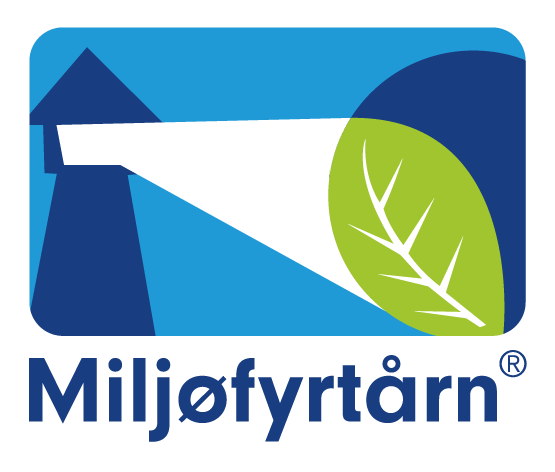Early Cross-Sector Collaboration is the Key to Success
During Oslo Urban Week, Linstow and Oslobygg invited a discussion on how to create better cities through early cross-sector involvement, using the development of the former Veterinary College as an example.
9. October 2024
"We could have developed this area independently, but we believe the end result will be better if we utilize the potential across property boundaries. We also believe that the final outcome will be improved if we involve all relevant municipal entities in open dialogue before the formal planning process begins," said Terje Lorentzen, Development Director at Linstow, and Hilde Warp, Senior Advisor at Oslobygg, in their introduction.
Linstow and Oslobygg are basing their approach on the community mandate found in the social section of the municipal plan, demonstrating how the development responds to societal goals.
How to Break Down Silos Early in the Planning Process?
The panel discussion was moderated by Mansoor Hussain from Storm Samfunn. The panel consisted of Linstow's CEO, Knut Løken; researcher at OsloMet, Gro Sandkjær Hansen; faction leader, Tamina Sheriffdeen Rauf (Ap); and head of the city development committee, Haakon Riekeles (V).
"It is now, in the co-creation phase before the formal planning process, that we generate good ideas. Being a long-term urban developer takes time, but the pie grows for everyone when collaboration works and mutual trust is established," said Knut Løken.
Gro Sandkjær Hansen outlined how Oslo municipality consists of equal pyramids—or silos—with strong expertise in each one. "The way to best use this knowledge is simply for the parties to communicate. Then we can create win-win situations where investments in, for example, good meeting places reduce youth exclusion and the costs associated with it, both for the individual and the municipality," Hansen explained.
She also emphasized that politicians must differentiate between short-term and long-term financial perspectives in budgeting. "At the former Veterinary College, we are working towards a health-promoting place, which, if successful, will relieve parts of the services and care the municipality provides. An investment in, for example, a library is likely to save the municipality money in other parts of the budget by preventing issues such as social exclusion and school dropouts," she highlighted.
Haakon Riekeles acknowledged that positive developments are taking place at the former Veterinary College and confirmed that a lot of good preparatory work is happening at the municipal level. "Ultimately, it is the politicians who must take responsibility for steering the development in the right direction. The good work in agencies, companies, and districts must be filtered up to the city council, especially when no single council member has ownership of the area’s development," he stated.
Tamina S. Rauf expressed that Oslo is the best city in the world but noted that the municipality has much to learn from the private sector's practices. "It’s about early involvement of multiple parties, committees, and city council departments. Here at the former Veterinary College, there is good work being done from the bottom up, so now we need to figure out how to preserve it. The political landscape is constantly changing, but in this and other cases, we rely on internal and cross-committee communication to elevate the complexity. We need to break through the silos to make this a shared cause across sectors. Trust and dialogue are essential for success," she concluded.



